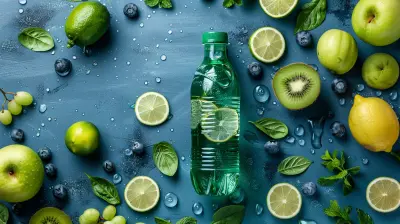Understanding the Role of Hydration in Digestive Health
5 September 2025
Let’s be real — when we think of digestive health, water isn’t usually the first thing that comes to mind, is it? We're far more likely to focus on fiber, probiotics, or gut-friendly foods. But here's the thing: hydration is the quiet superstar of digestion, the unsung hero that keeps things moving smoothly (literally and figuratively).
So, pour yourself a glass of water and settle in. We’re going to dive deep into how drinking enough water plays a massive role in keeping your digestive system happy and healthy.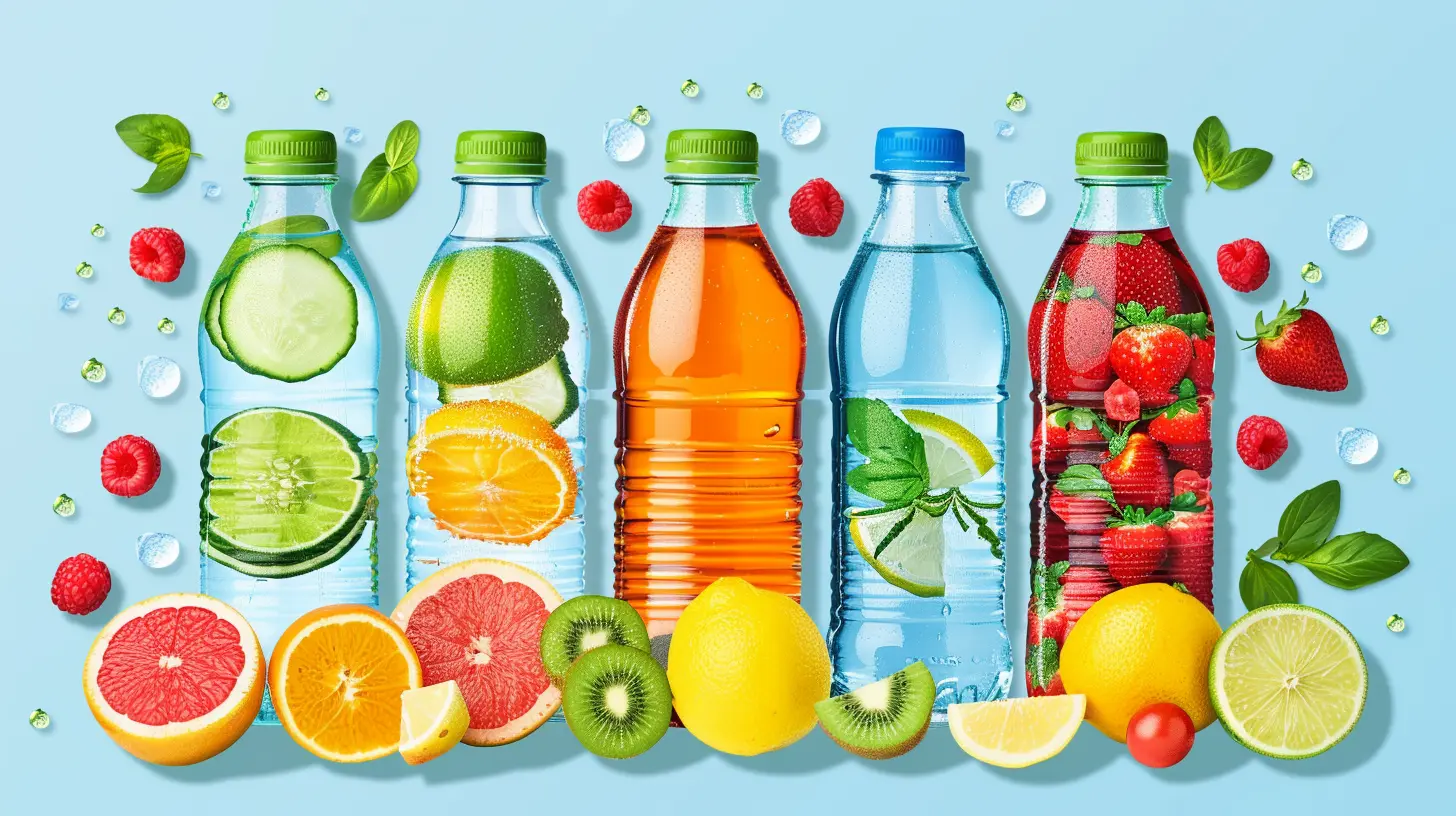
Why Hydration is More Than Just a Thirst Quencher
You probably already know that your body is mostly made up of water. But did you know that even your digestive tract relies heavily on it? From your saliva to the enzymes in your stomach to the way nutrients get absorbed — water is involved every step of the way.Think of it like oil in a machine. Without it, everything grinds, slows down, and eventually gets stuck. Not good, right? Your digestive system needs that fluid magic to process food efficiently, absorb nutrients, and eliminate waste like a boss.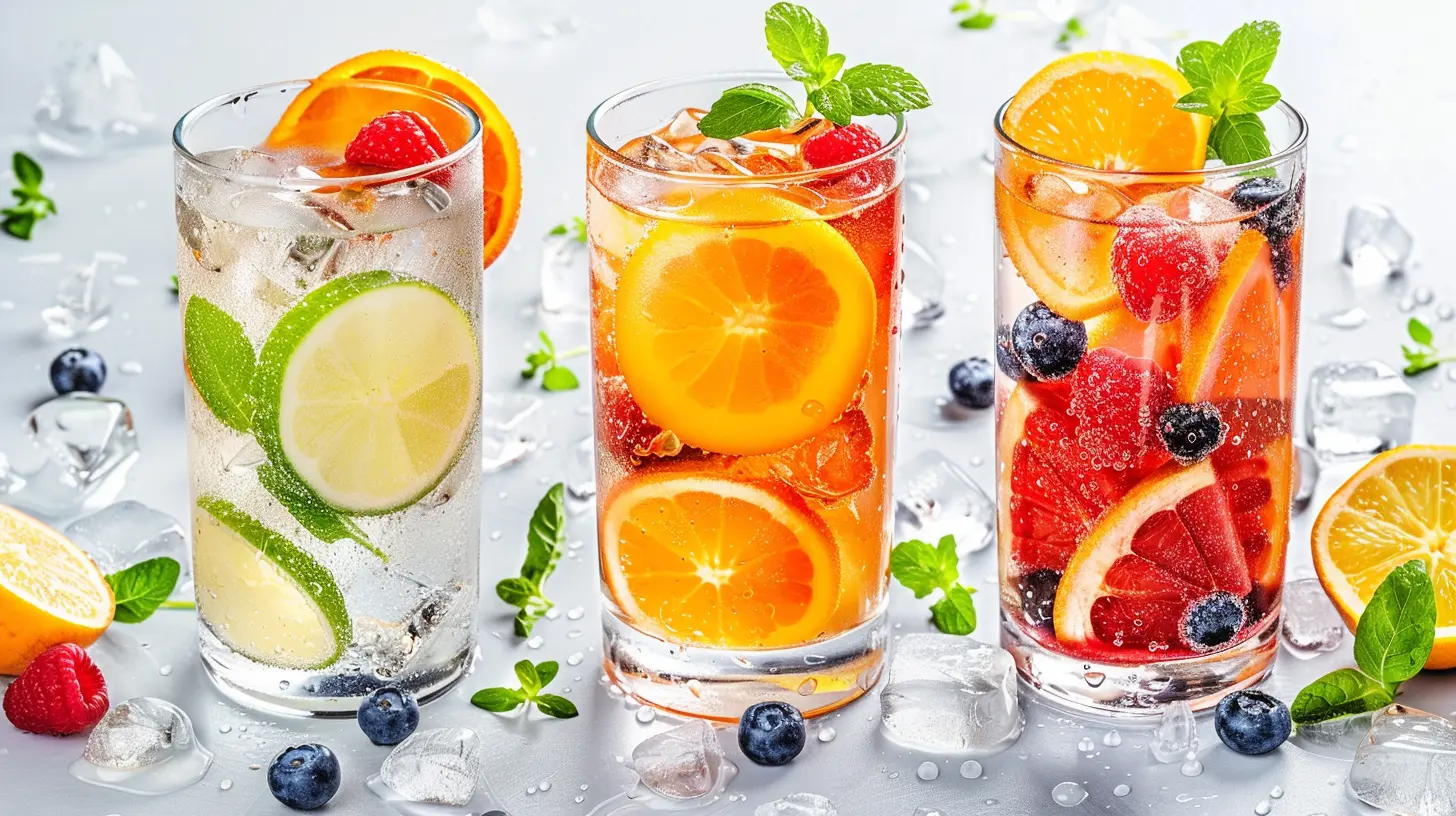
How Water Helps Break Down What You Eat
1. Starts in the Mouth: Saliva Matters
When you take your first bite of food, your digestive process is already in full swing. Saliva — which is mostly water — begins breaking down carbohydrates and softening your food for easier swallowing.Without enough water in your system, your mouth can feel dry, and digestion already starts on the wrong foot. Chewing feels like work. Swallowing becomes unpleasant. It’s like trying to run a blender with no liquid — good luck with that!
2. Smooth Sails in the Stomach
After swallowing, food hits your stomach, where it gets bathed in gastric juices. These are made up of enzymes, acids — and yes, water. This combo works together to mash up your meal into a mix called chyme (sounds gross, but it’s essential).Being well-hydrated helps ensure there's enough fluid for this process, which ultimately prepares your food for nutrient absorption later on. Dehydration? It thickens the stomach contents and slows everything down, leading to bloating and discomfort.
3. Absorption in the Small Intestine
Here’s where the magic happens — nutrients getting absorbed into your bloodstream. Water helps dissolve vitamins, minerals, and other nutrients from your food and shuttles them throughout your body. No water? No efficient absorption. Simple as that.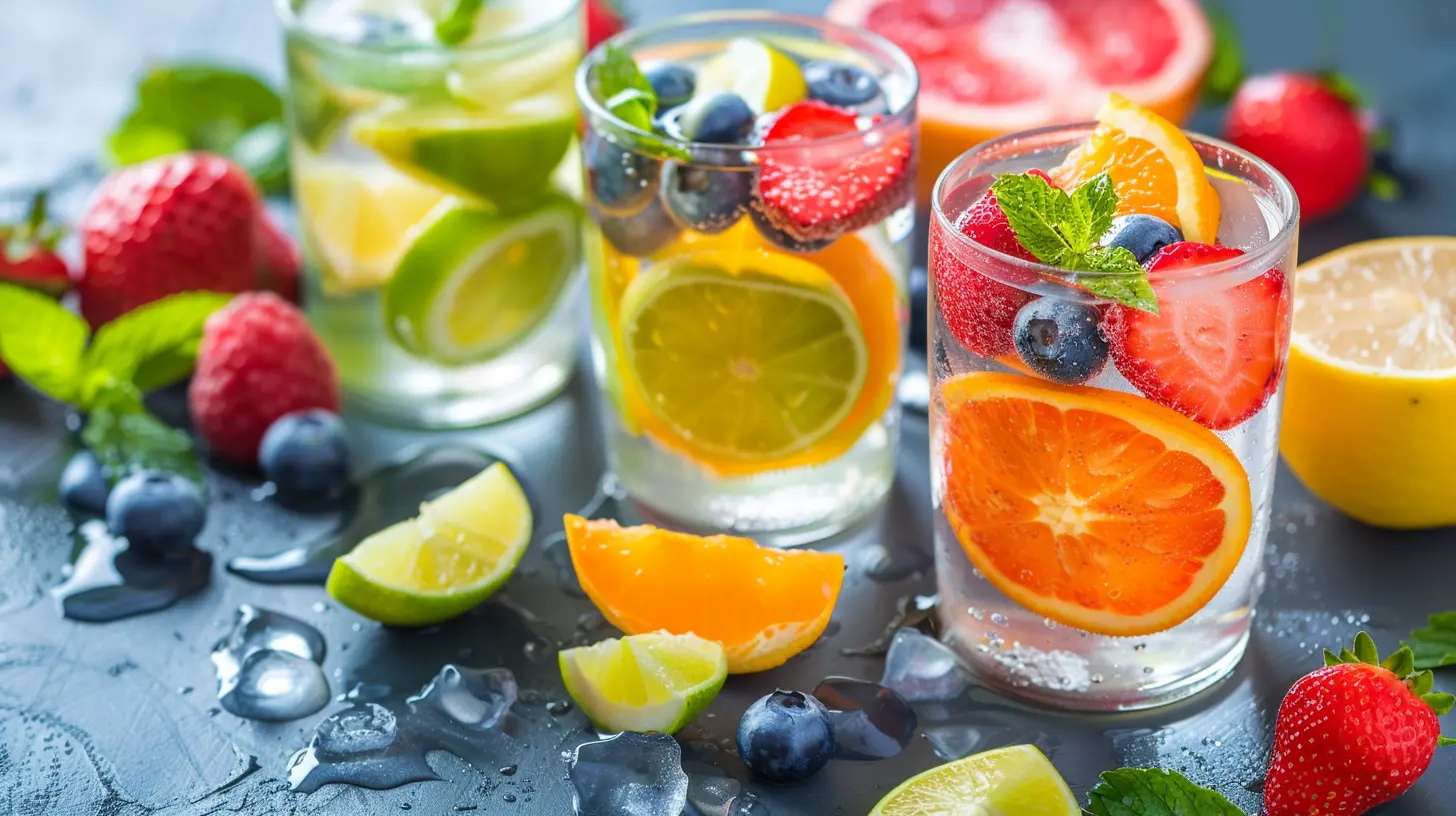
How Hydration Keeps Things Moving in the Gut
Ever feel like you’re kinda “backed up” and can’t figure out why? Yep, that could be your body screaming for more water.1. Preventing Constipation
This one’s huge. Water keeps stool soft and easy to pass. Without it, your colon absorbs too much water from the waste, and you’re left with hard, dry poop. Not exactly fun, huh?Picture your digestive system like a water slide. If it’s slick and wet, everything glides through, no problem. But if it’s dry? You’re stuck at the top wondering how to slide down. That’s what dehydration does to your bowels.
2. Supporting the Colon’s Role
Your large intestine reabsorbs water from the waste that’s left over. If your hydration levels are low, it’ll suck even more out of your poop, leaving it hard and painful to pass. Chronic dehydration can lead to long-term constipation, hemorrhoids, and even diverticulitis.3. Feeding the Gut Microbiome
The trillions of bacteria living in your gut thrive in a well-hydrated environment. Water helps carry fiber through your digestive tract, which feeds these beneficial microbes. Think of it as keeping their little world afloat — literally. A dry system doesn't support healthy flora.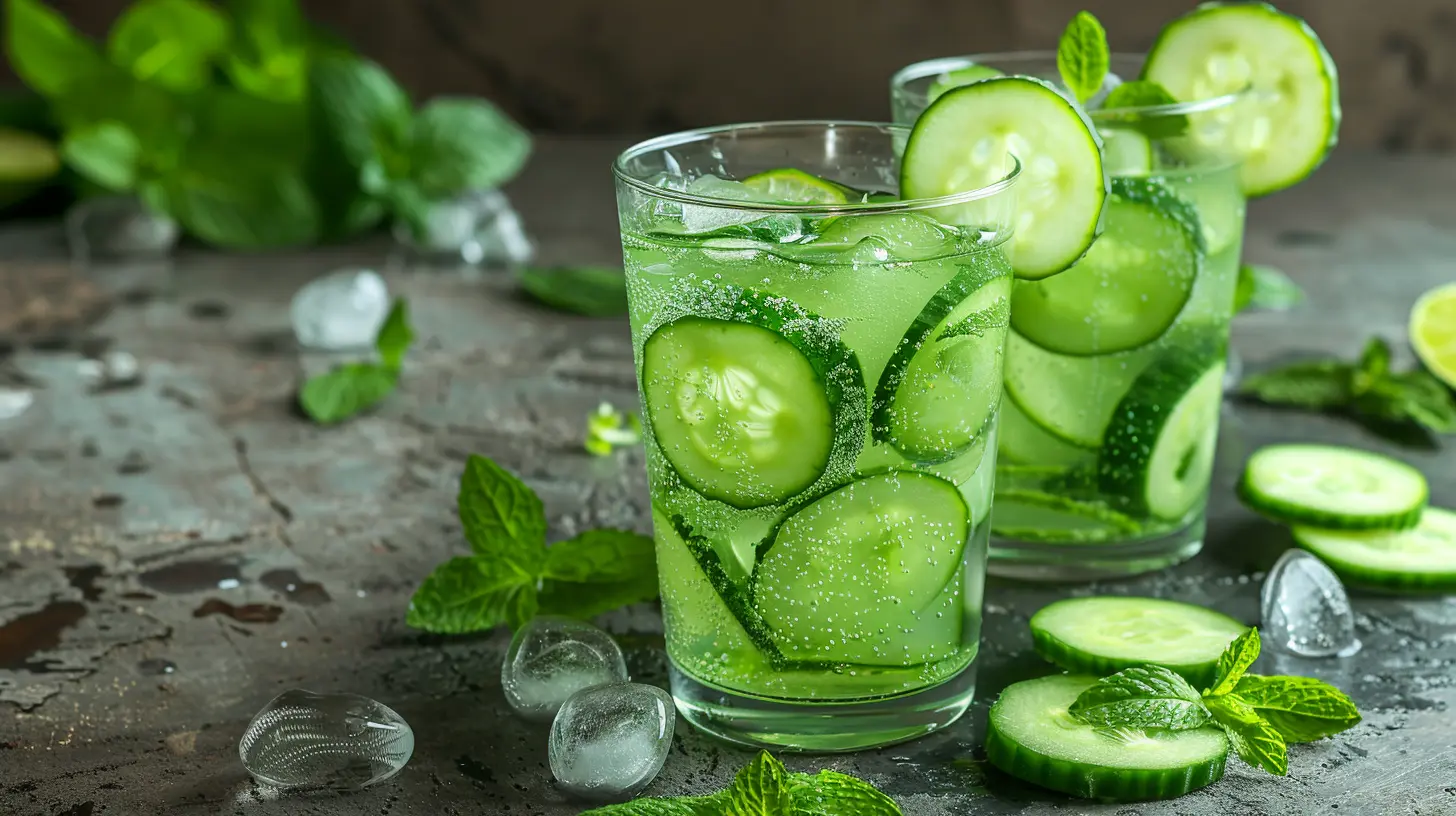
Drinking Water Before, During, or After Meals?
Ah, the classic debate. Should you drink water during your meals, or does it dilute stomach acid?Let’s bust this myth right now — sipping water with your meals is totally fine (and actually beneficial). It can even help with digestion by softening food and making it easier to swallow. Your body is smart enough to regulate its own stomach acid levels, so water won’t sabotage your digestion.
Pro tip: Aim for small sips during meals and a full glass of water about 30 minutes before eating. This preps your stomach and may even help you feel more satisfied after a meal.
Signs You're Not Drinking Enough for Digestive Health
You’d be surprised how subtle dehydration symptoms can be. It’s not always just about feeling thirsty.Here are a few red flags your gut may be waving:
- You're frequently constipated or irregular
- You feel bloated after meals
- You get heartburn or acid reflux often
- You have dry mouth or bad breath
- Your energy drops after eating
- Your stools are dry, hard, or shaped like pebbles
If any of these sound familiar, your water intake might need a little TLC.
How Much Water Is Enough?
You’ve heard the “8 glasses a day” rule, but the truth? It’s not one-size-fits-all.Hydration needs depend on your body size, activity level, and even the weather. A good rule of thumb is to drink half your body weight in ounces. So, if you weigh 150 lbs, shoot for around 75 oz per day. More if you’re sweating a lot.
Another easy way to check? Look at your urine. TMI? Maybe. But if it's pale yellow — you're golden (literally and figuratively). Dark and smelly? Time to chug.
Best Hydrating Options for Digestive Support
Water is king, but other fluids can count toward your hydration goals too — just be picky.Good Choices:
- Plain water (still or sparkling)- Herbal teas (peppermint and ginger are great for digestion)
- Coconut water (rich in electrolytes)
- Broth-based soups
- Water-rich foods like cucumbers, watermelon, and celery
Not-So-Great Choices:
- Sugary sodas- Alcohol
- Caffeinated drinks in excess (they can be dehydrating)
Need variety? Add slices of lemon, cucumber, or mint to your water. Boom — hydrating and refreshing.
Common Myths About Water and Digestion
Let’s clear the air on a few misconceptions that might be throwing you off.Myth #1: Drinking Water During Meals Ruins Digestion
False. Water helps break down food and absorb nutrients. Just don’t overdo it (like chugging a giant glass mid-bite).Myth #2: You Only Need Water When You’re Thirsty
By the time you feel thirsty, you're already on your way to dehydration. Sip throughout the day, not just when your mouth feels dry.Myth #3: Clear Urine Means You're Super Hydrated
Clear all the time might mean you’re overdoing it. Pale yellow is actually the sweet spot.Tips to Drink More Water Without Even Trying
Let’s be honest — remembering to drink water can be a struggle. Here's how to make it automatic:- Carry a water bottle everywhere
- Set reminders on your phone or use a hydration app
- Flavor your water naturally with fruits or herbs
- Drink a glass before each meal
- Replace one soda or coffee with water daily
- Eat water-rich foods to boost your intake
Make it a habit, not a hassle.
Let Hydration Be Your Digestive Superpower
Look, improving your digestion doesn’t require expensive supplements or a complicated routine. Sometimes, the simplest solution is right in front of you — or, in this case, in your water bottle.Staying well-hydrated can:
- Ease constipation
- Reduce bloating
- Help your body absorb more nutrients
- Support healthy gut bacteria
- Keep your whole digestive tract running like a well-oiled machine
So the next time you’re sluggish, bloated, or just feeling “off,” ask yourself: Have I had enough water today?
Your gut will thank you — trust me.
Final Thoughts
Hydration isn't just about quenching your thirst after a workout or in the summer heat. It’s the foundation of a healthy digestive system and, honestly, a better you overall.So here’s a simple challenge: for the next 7 days, track your daily water intake and notice how your body responds. You might be surprised just how much better you feel — lighter, more regular, and even more energized.
One sip at a time, you’ve got this.
all images in this post were generated using AI tools
Category:
HydrationAuthor:

Jackson Mahoney
Discussion
rate this article
1 comments
Noemi McCloud
Hydration plays a crucial role in digestive health by aiding in the breakdown of food, nutrient absorption, and prevention of constipation. Drinking enough water can improve overall digestive function and comfort. It's a simple yet powerful habit to prioritize for maintaining a healthy digestive system. Stay hydrated for better health!
September 21, 2025 at 3:27 AM

Jackson Mahoney
Thank you for highlighting the vital role of hydration in digestive health! Staying well-hydrated is indeed essential for optimal digestion and overall well-being.

